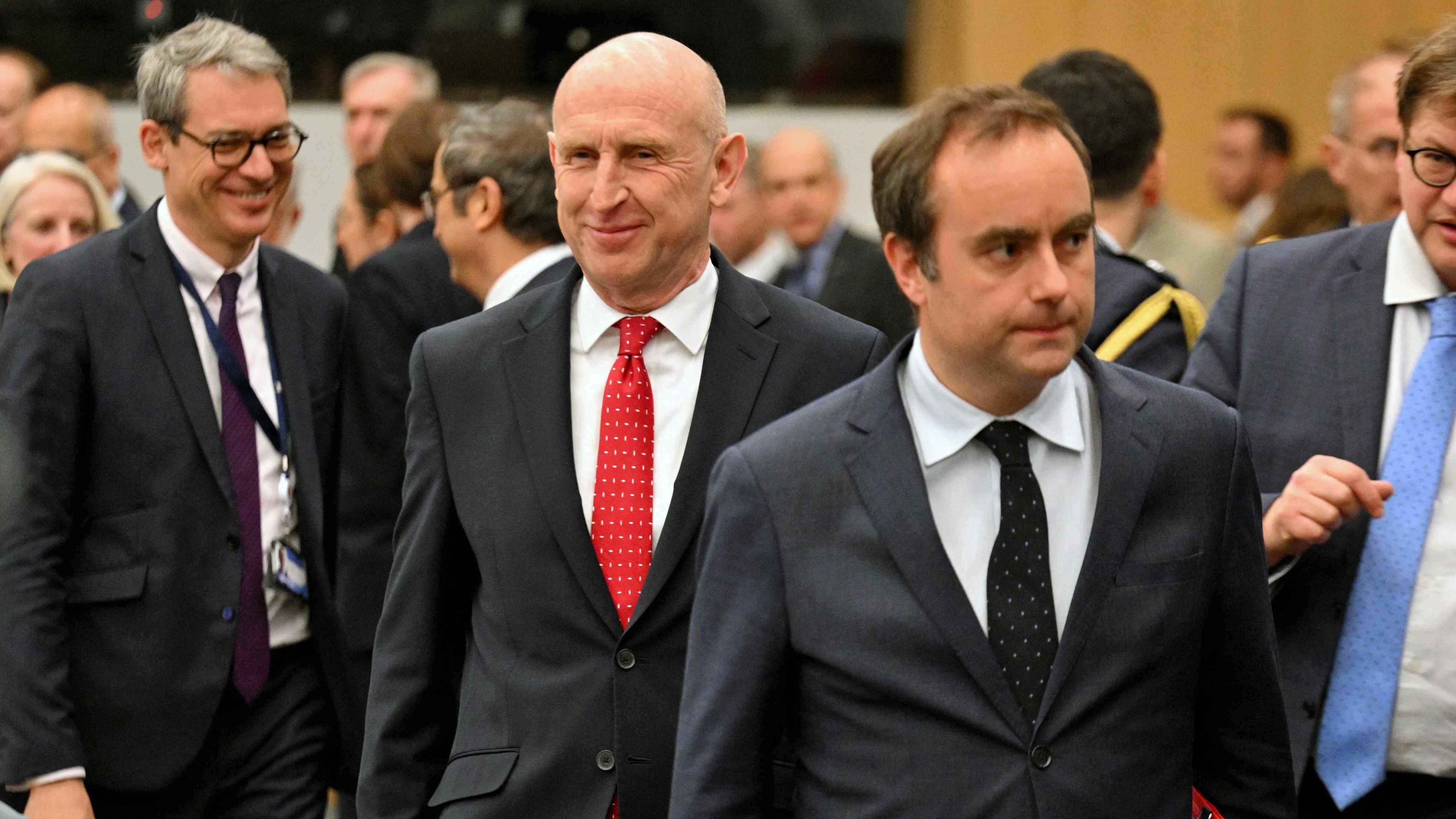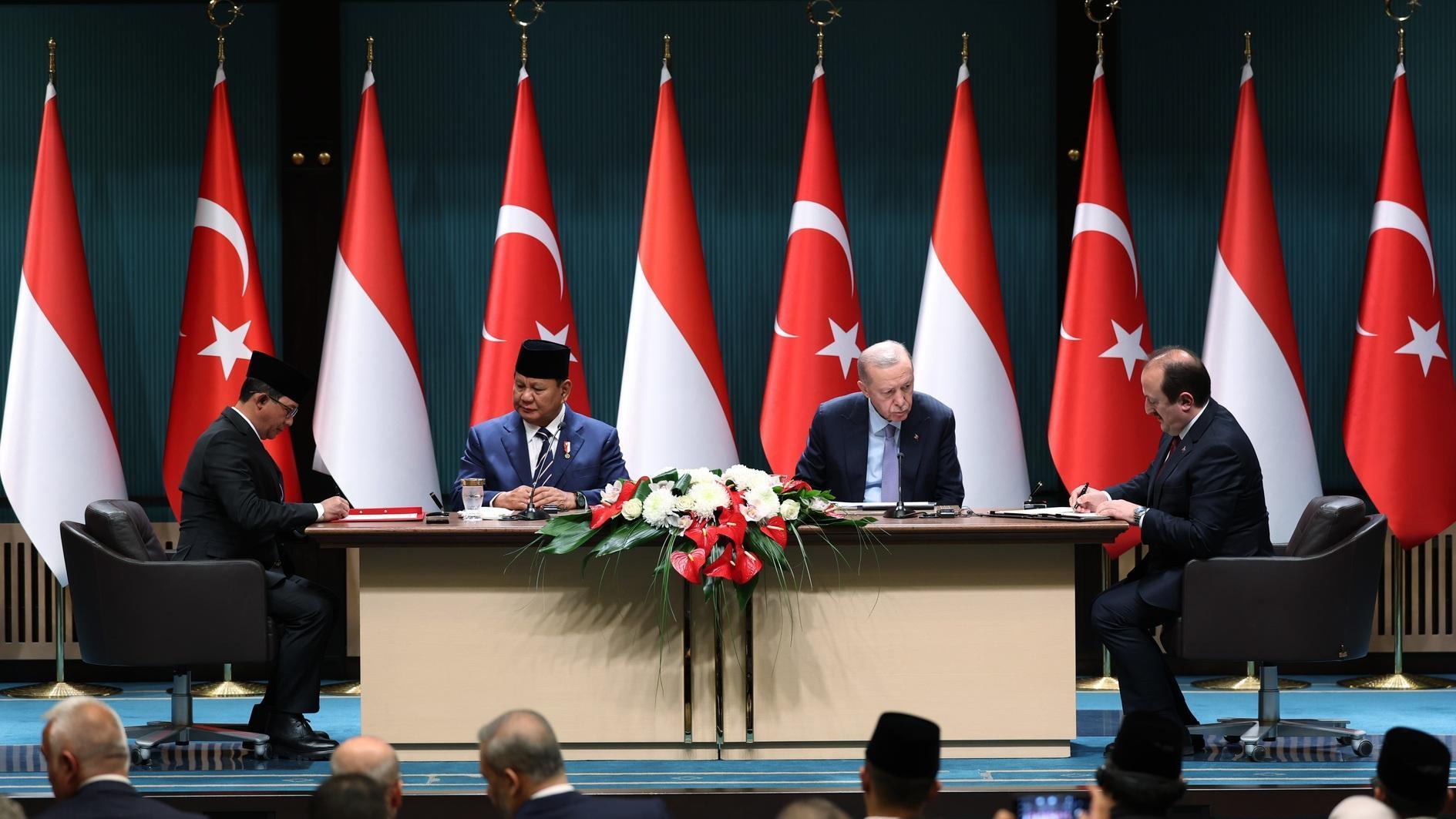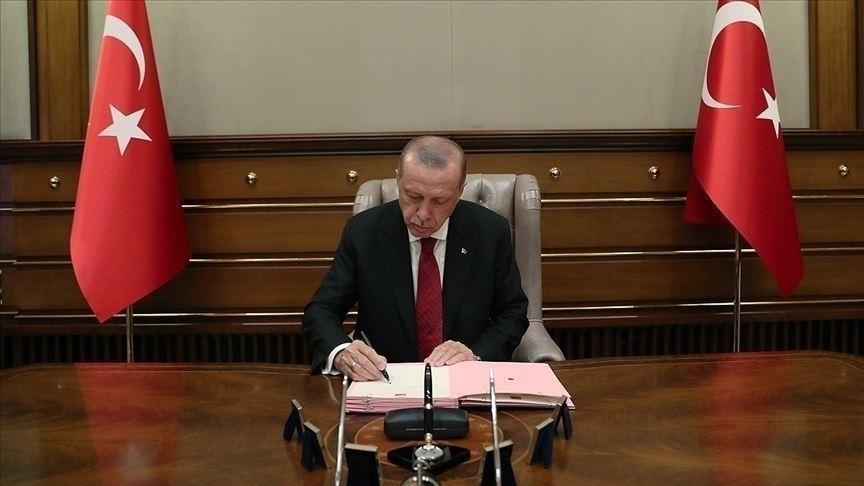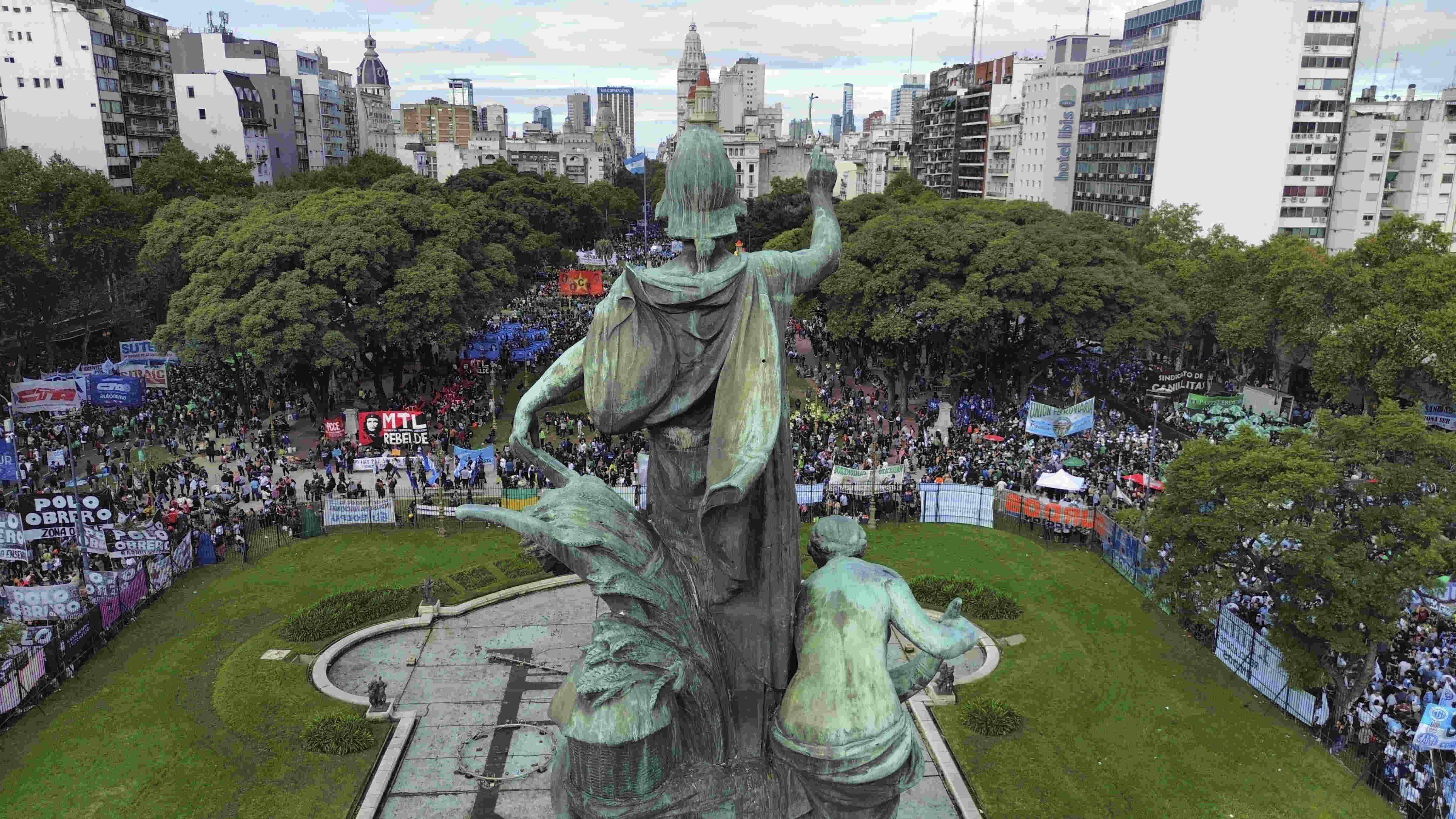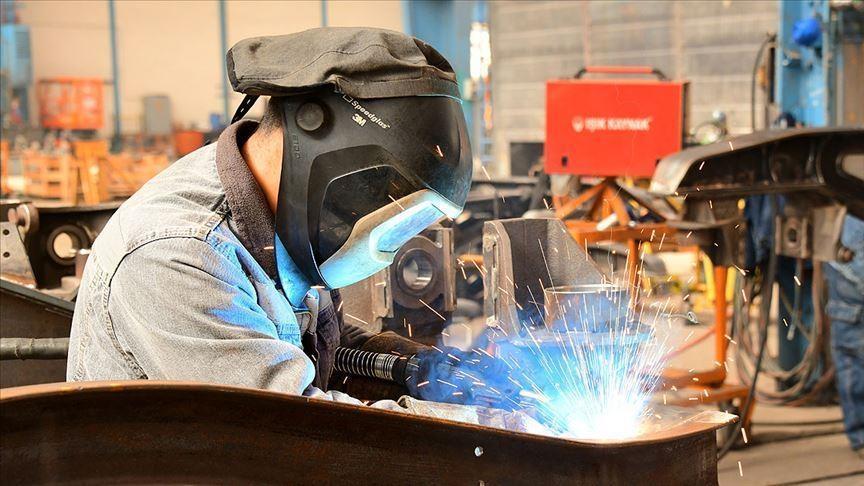Iran dismisses claims of military site clean-up
TEHRAN - Agence France-Presse
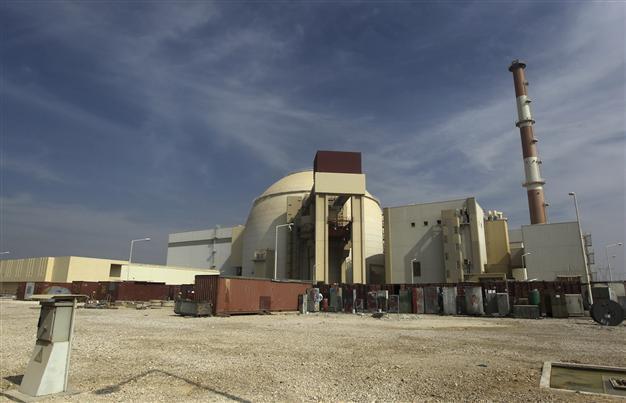
In this Tuesday, Oct. 26, 2010 file photo, the reactor building of the Bushehr nuclear power plant is seen, just outside the southern city of Bushehr, Iran, Tuesday, Oct. 26, 2010. AP photo
Iran on Tuesday dismissed claims it was clearing away traces of suspected nuclear weapons research activities from a closed military site, saying the allegations were "propaganda".The sprawling Parchin military site, located 30 kilometres (20 miles) east of Tehran, "is conducting normal military activities," foreign ministry spokesman Ramin Mehmanparast told reporters in a regular briefing.
"Declarations about the cleaning up of nuclear traces from this site -- and those who are technically savvy know you cannot remove traces of such activity from an area -- these declarations are propaganda," he said.
The head of the UN nuclear watchdog, Yukiya Amano, said early last week that satellite images suggested there were unspecified "ongoing" activities at the Parchin base. Western diplomats said they suspected Iran was removing evidence from the site.
The International Atomic Energy Agency has focused suspicions on Parchin since receiving intelligence, outlined in a November report, that Iran may have been testing normal explosives in a big metal cylinder there with the aim of researching implosion triggers for an eventual nuclear bomb.
Iran has twice this year refused requests by a visiting IAEA team to inspect Parchin.
Although the IAEA inspected parts of Parchin two times in 2005, it says it did not see the area alleged to contain the explosives test cylinder.
Mehmanparast highlighted those 2005 visits and said Iran had accepted the "principle" of another visit, but that the IAEA should have been "more patient" in reaching agreement on the framework of such an inspection.
Parchin will be one of the key issues in a new round of talks being prepared between Iran and world powers likely to take place in coming weeks.
Last week, the group of nations to sit down with Iran -- the so-called P5+1 comprising the United States, Russia, China, France, Britain and Germany -- issued a statement urging Iran to "fulfill its undertaking to grant access to Parchin." The talks will revive negotiations that broke down in Istanbul in January 2011.
Iran, under pressure from sanctions and the threat of military strikes on its nuclear facilities, agreed on February 14 to a P5+1 proposal to resume the discussions and has indicated it again favoured Istanbul as the venue.
Mehmanparast, though, said "several countries have declared themselves ready" to host the talks, which he said should begin "soon".
He added that Iran stood by its view that uranium enrichment -- one of the most contentious activities to be addressed -- was permitted under the Nuclear non-Proliferation Treaty supervised by the IAEA, as long as it was destined for peaceful nuclear use.
"The level of enrichment for peaceful activities is a technical question, and experts can determine what level of enrichment is within a peaceful framework," he said.
Iran is currently enriching uranium to 3.5 percent, needed for nuclear energy generation, and to 20 percent, for isotopes to treat cancer patients. Uranium needs to be enriched to 90 percent or higher to make an atomic bomb.
Iranian President Mahmoud Ahmadinejad last weekend warned that the West should drop its "bullying" stance against his country.
"As God is my witness, the Iranian nation will not give a damn for (your) bombs, warships and planes," he said in a televised speech on Sunday in the city of Karaj west of Tehran.
The United States and its EU allies "should talk politely, and recognise the rights of (other) nations, and cooperate instead of showing teeth, and weapons and bombs," he said.
Iran has repeatedly insisted its nuclear programme is purely for civilian purposes and has no military component.
The supreme leader, Ayatollah Ali Khamenei, has called nuclear weapons a "sin".
Khamenei also praised US President Barack Obama's recent comments cautioning against "bluster" in talking about possible war with Iran -- although he also called US determination to press on with sanctions an "illusion".


